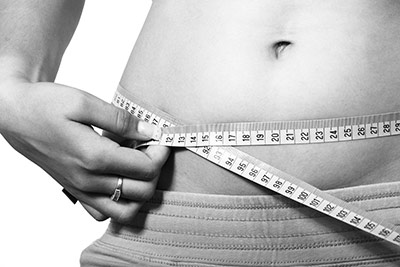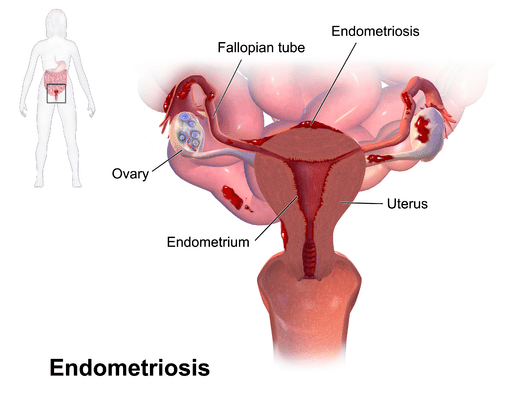When some women have to deal with an unplanned pregnancy, their first thought is to have an abortion. However, this decision is not always easy to live with as the preparation has to include not only how they feel after doing the procedure, but how to cope with the depression after abortion.
If you make the decision to have an abortion, you should know that it could lead to major changes in your life. These changes could affect you for a long time so it will help to know how you might feel when the procedure is done. When depressed feelings surface after an abortion it will actually be triggered by the woman not allowing herself to grieve. For most women, their loss is not felt or seen because they believe that it’s not right to grieve and will hide this feeling and move on with their life. This is exactly what will lead to depression.
It is also important to understand that most women usually feel a sense of relief after the procedure, but this will be very short lived and other feelings are going to follow. If not this sense of relief, you might feel deep sadness and regret because you can’t get back what you lost. The period of sadness and grieving might lead to feelings of confusion.
Depression after Abortion: Common Symptoms
The symptoms are very close to post traumatic stress syndrome, which is not surprising since the event is a traumatic one. These symptoms include:
- Feelings of anxiety when visiting a hospital or doctor’s office
- Sad feelings whenever a baby is seen
- Fearful that something will be wrong in a subsequent pregnancy
- Difficulty connecting with other children
- Sadness close the projected due date for the baby
- Anxiety feelings when a baby cries
- Trouble sleeping
- Having happy dreams or nightmares about the baby
- Feelings of jealousy towards pregnant family and friends
- Intense flashback memories of the procedure
- Wanting to replace the baby by getting pregnant again
- Avoiding the emotions linked to the abortion
- Isolation, shame, and guilt
- Feelings of anger towards partner or at yourself
- Eating disorders or changed body image disorders
- Constantly look at photographs of fetuses at specific stages
- Intensified frighten reflex when appliances such as vacuums and blenders make similar noise as the unit that was used for the abortion
- Relationship problems
- Sexual dysfunction
- Deepening depression close to abortion anniversary date
Depending on how the abortion is processed, there can be many other symptoms. You need to remember that your pregnancy was like any other with all the hormonal changes which are associated to the body and after the abortion more of them will be experienced, including some depressed feelings. This don’t normally last for a long time so you should be mindful of the fact that you could suffer from clinical depression if you are experiencing any of the above symptoms for more than a few weeks.
How to Cope With Depression after Abortion
It is important to seek help if you suspect that you are clinically depressed. The following are some tips that will help you to cope with your feelings:
Don’t be too hard on yourself: You should try not to punish yourself for making the decision to have an abortion or give in to feelings of guilt. Do not allow political, religious, or legal interpretations to make you feel as if you have done a wrong, especially if it’s right for you.
Talk to someone: Find a therapist, support group, or a friend to talk to about whatever you are feeling. Some of the abortion clinics have counsellors or support groups on staff to help persons. It is never too late to share this secret, even though it’s very understandable that you would want to go to a sad place. Talking to a trusted person will help to start the process of healing.
Use positive thinking to encourage yourself: Talk affirmatively to yourself while remembering that you are a good person and a normal person.
Understand that you have made the very best decision for yourself under the circumstances. You’re actually brave to have made one of the most difficult decisions a woman could make in her life.
Practice some relaxation exercises as a way to deal with the stress.
Get a journal or a special book to write down your feelings. You could also write a letter to say goodbye to your baby and create an ending to your pregnancy. In addition, you should make a list of the things you would like to do in the future.
In concluding, you should know that you could be alright if you are experiencing even some of the above mentioned symptoms. However, you need to get treatment for depression after abortion if you have any persistent symptoms, lose your ability to do normal activities daily, or thoughts of hurting yourself.



